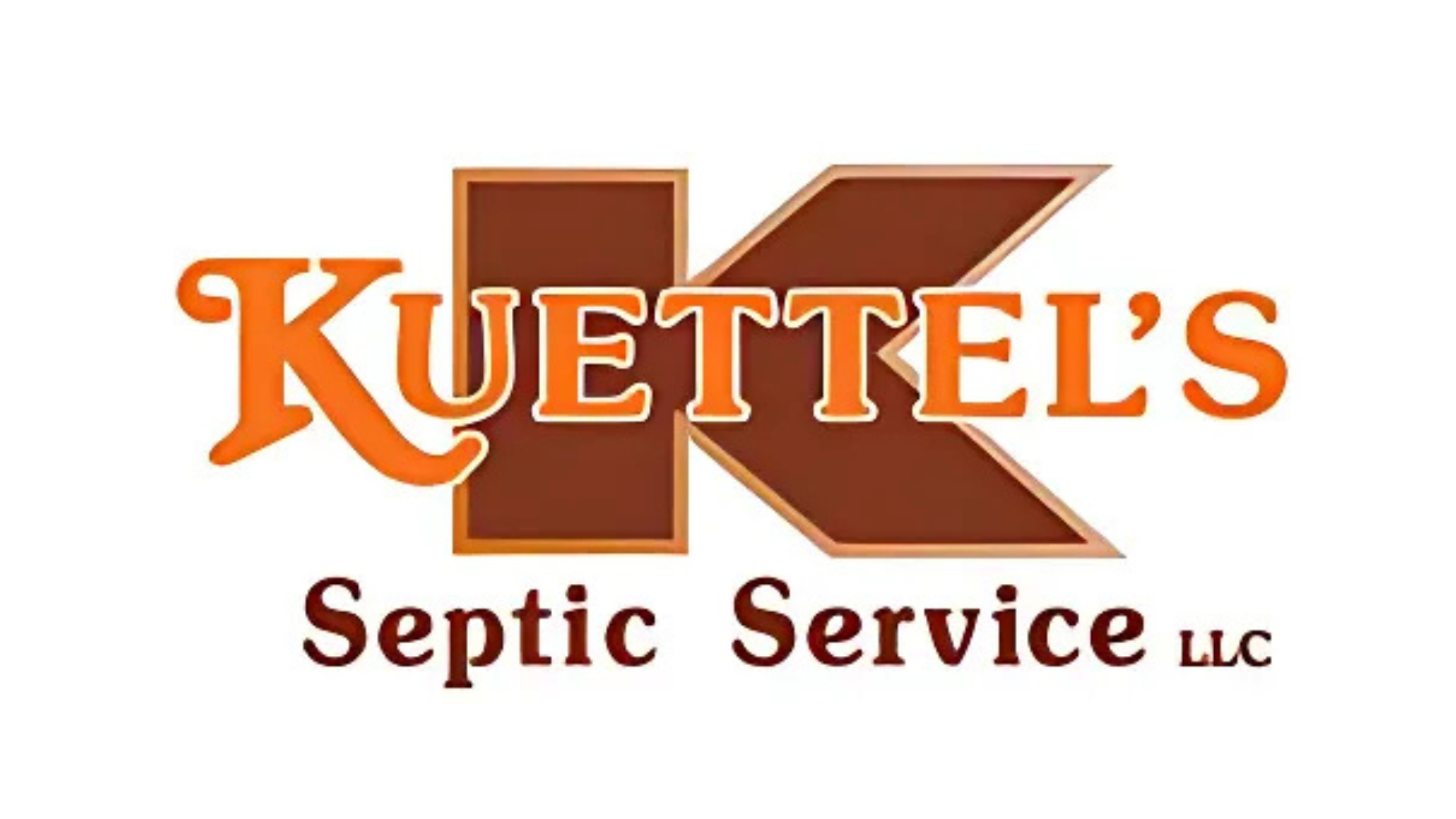Bathroom Cleaning and Septic Systems
Bathroom Cleaning and Septic Systems It’s always good to be aware of the products that go down your drains and the impact it can have on your septic system’s efficiency, performance, and reliability. Septic systems are designed to break down approved materials such as human waste and toilet paper, but many traditional cleaning products have the potential to damage. Here are a […]
Winter Septic Tips
Keep snowplows away from your tank and drainfield. The plows can compact soil or dig up the area around your system and cause damage. When the temperatures drop, you may be concerned about your tank freezing. Avoid adding anti-freeze or any other chemicals that could harm the balance of bacteria in the tank. If your […]
What type of toilet paper should I choose?
The softer the toilet paper the more chemicals were used to make it soft. These chemicals can be harmful to your system’s biological activity, just like anti-bacterial soaps and other harsh chemicals are. Pick a brand of toilet paper that is in-between for softness. Look for a brand that is “Septic Safe”. These brands are […]

